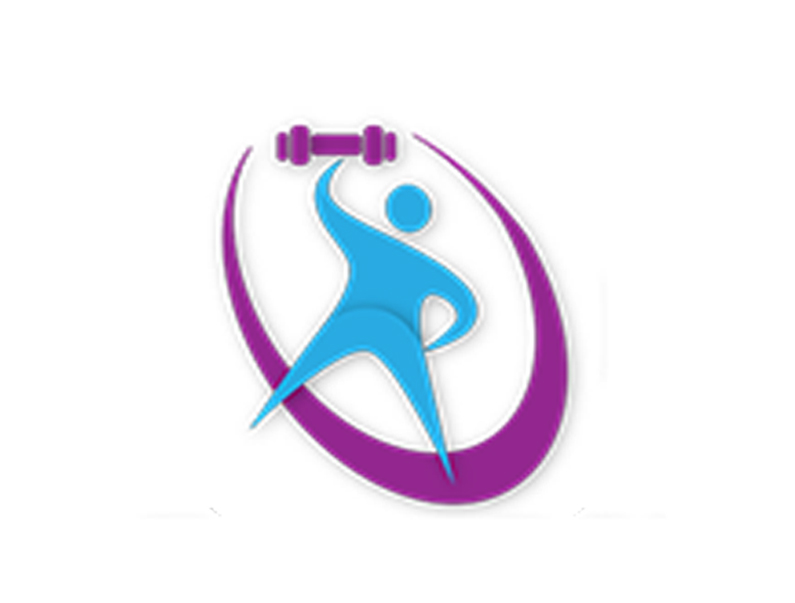Almost everyone has a cell phone. in fact, 94% of Americans have a cell phone, which means 9 out of 10 people. Everyone is ready to connect and communicate at any time. Most people have them on hand at least 16 hours a day, so that includes at night because of it’s alarm clock use. We are able to contact anyone almost anywhere at anytime. The average person checks their phone at least 150 times per day, much more than they ever considered that they do. The swipe and click across the screen become almost second nature. Between calls, text, emails, and social media, the phone is entertaining and used for many purposes. Did you know that 90% of texts are read within 3 minutes of receiving them? Fast communication anywhere we are has made incredible changes to the way we interact with one another.
Remember when all you could do was call a person’s home phone in the hopes that they are there? If not, you left a message with no expectation of when they might check it and get back to you. There weren’t private conversations like there are now. The home phone was used and shared by all in a central location. If you wanted to reach someone, you actually had to speak to them. Talking was the communication modality, whereas today, texting with emojies and shorthand has become a whole new language. There was an understanding not to call too early or too late because the phone ringing would disrupt the household. Calling before of after business hours was pointless. People are even using cell phones now while driving. Checking the cell phone can now almost be considered a hobby.
The fact is that you could be reading this very article on your cell phone now. Scrolling can become an addictive behavior. It fills time while waiting, can be a distraction from the task at hand, and it spikes your curiosity and interest. All the apps are designed to hook you in. Social media notices what you like and look at then start to use this in the advertising and marketing that is displayed in your feed. The cluttered landscape of ads and scrolling makes you feel like you can’t concentrate anymore with information overload. People are using their phones for calendars, appointments, stop watches, alarm clocks, banking, credit card processing, Netflix, and the list goes on and on.
So where does the disconnect begin? You set it aside for a while, decide to take a break from social media, try to not look at your text and emails so often, but in the end society has changed. There’s an expectation to be connected. There’s an expectation to be available. We could all benefit from being present int eh current moment. The idea of this seems impossible since new and improved versions of phones continue to be released. Don’t forget those who are right next to you in the same room. Don’t forget to look up from your phone every now and then.
